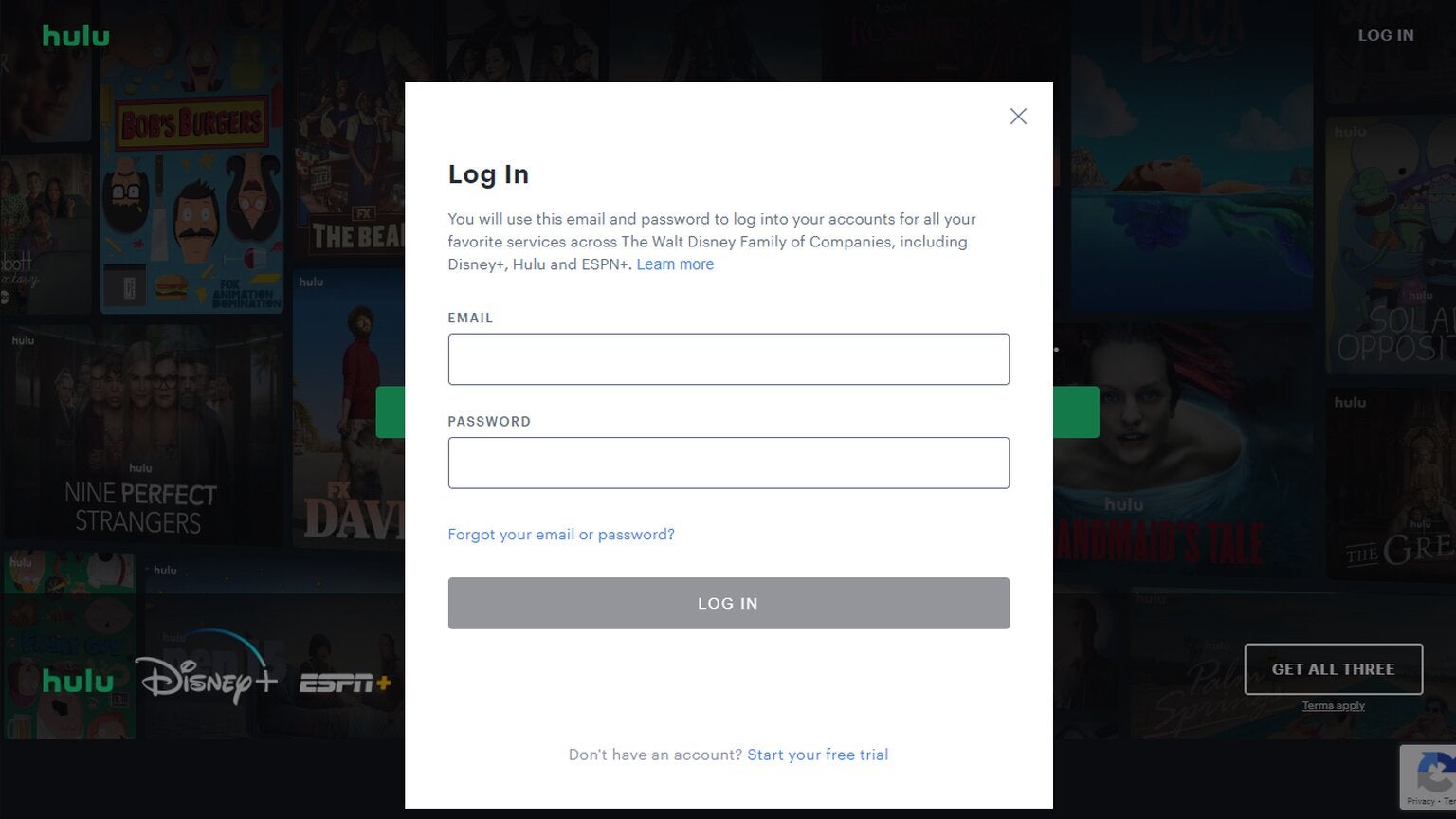Are Password-Sharing Crackdowns Driving Cancellations?
Are Password-Sharing Crackdowns Driving Cancellations?
A new survey from Horowitz shows has important findings for Disney as it prepares to enforce password-sharing restrictions on its streamers.

Netflix is quite used to its status as a trend-setter in the streaming world. Its 260 million+ subscribers have been grappling with the service's password-sharing restrictions since May 2023, but the streamer hasn’t looked back since introducing those rules. But how do customers feel? A new survey from Horowitz Research has an answer, and companies like Disney and Warner Bros. Discovery should look close at its findings to see whether or not planned password-sharing crackdowns are wise.
- Horowitz’s report shows that nearly 30% of customers canceled a streamer because of password-sharing restrictions in 2023.
- All in all, more than half of respondents say they canceled or lost access to a streaming service in the past year.
- Disney has promised to start cracking down on password-sharing this summer, and WBD is likely to follow at some point this year.
Get Disney+, Hulu, and ESPN+ for just $16.99 a month ($14 savings).
It’s undeniable that streaming prices are continuing to creep upward, and customers are justified in feeling that stacking streamers is every bit as expensive as a cable subscription these days. Horowitz’s report found that 52% of TV viewers canceled or lost access to a streaming platform in 2023, and price considerations were the most frequently-given reason. Thirty-eight percent of viewers said they ditched a streamer to try and cut subscription costs, and 30% said cost increases directly led them to churn.
The data from Horowitz also has implications for streamers that want to roll out rules against sharing accounts. Its survey found that 17% of viewers lost access to a streamer because the person who paid for it was no longer allowed to share, and another 13% canceled their account because they could not give access to that account to someone else.

The data from Horowitz supports research compiled by TiVo. That company’s recent report found that nearly 63% of viewers would prefer to watch streaming content with ads if it means saving money. Horowitz’s data confirms that 59% of audiences are now ad-tolerant, and almost a third of Netflix subscribers are now signed up for its ad-supported plan.
Will Data Give Disney, Warner Bros. Discovery Pause Before Enforcing Password-Sharing Rules?

Unfortunately for customers who are hoping the Horowitz survey will prevent more streaming services from enforcing rules against password sharing, there’s essentially no chance that Disney or Warner Bros. Discovery will change course. There’s simply too much data available to indicate that cracking down on password sharing is beneficial to streaming providers to dissuade them.
When Netflix began enforcing rules against sharing accounts between households in May, it set records for new sign-ups in June. Best yet from Netflix’s perspective, former sharers who decided to pay for their own accounts were most-often choosing its ads plan to keep costs low; ad-supported streaming plans allow providers to collect double revenues, first from subscribers and then from advertisers who pay based on the number of viewers their commercials can reach on a streamer.
In short, cracking down on password sharing has been proven to bring new subscribers to a service. Given that, there’s little chance that Disney will turn back on its plans to stop viewers from sharing their Disney+, Hulu and ESPN+ accounts starting this summer.
Warner Bros. Discovery is even less likely to change course, as company CEO David Zaslav has proven in the past that public outcry won’t stop him from making moves he thinks will improve his business. Reports first surfaced in early March that an account-sharing moratorium was coming to Max at some point in the future, as the company looks to build on modest streaming profits shown in 2023.
A survey from February showed that 56% of American viewers are still sharing someone else’s streaming account. This creates a tantalizing pool of potential new subscribers for streamers to pursue, but Horowitz’s data proves these pursuits don’t come without risk. In all, password-sharing crackdowns do create opportunities to add customers, but they also create the possibility that a user may decide to leave a streamer and never come back.
-
Disney+
Disney+ is a video streaming service with over 13,000 series and films from Disney, Pixar, Marvel, Star Wars, National Geographic, The Muppets, and more. It is available in 61 countries and 21 languages. It is notable for its popular original series like “The Mandalorian,” “Ms. Marvel,” “Loki,” “Obi-Wan Kenobi,” and “Andor.”
-
Hulu
Hulu is a video streaming service that gives access to thousands of full seasons of exclusive series, hit movies, kids shows, and Hulu Originals like “Only Murders in the Building,” and “The Handmaid's Tale.”
-
Max
Max is a subscription video streaming service that gives access to the full HBO library, along with exclusive Max Originals. There are hubs for content from TLC, HGTV, Food Network, Discovery, TCM, Cartoon Network, Travel Channel, ID, and more. Watch hit series like “The Last of Us,” “House of the Dragon,” “Succession,” “Curb Your Enthusiasm,” and more. Thanks to the B/R Sports add-on, users can watch NBA, MLB, NHL, March Madness, and NASCAR events.



